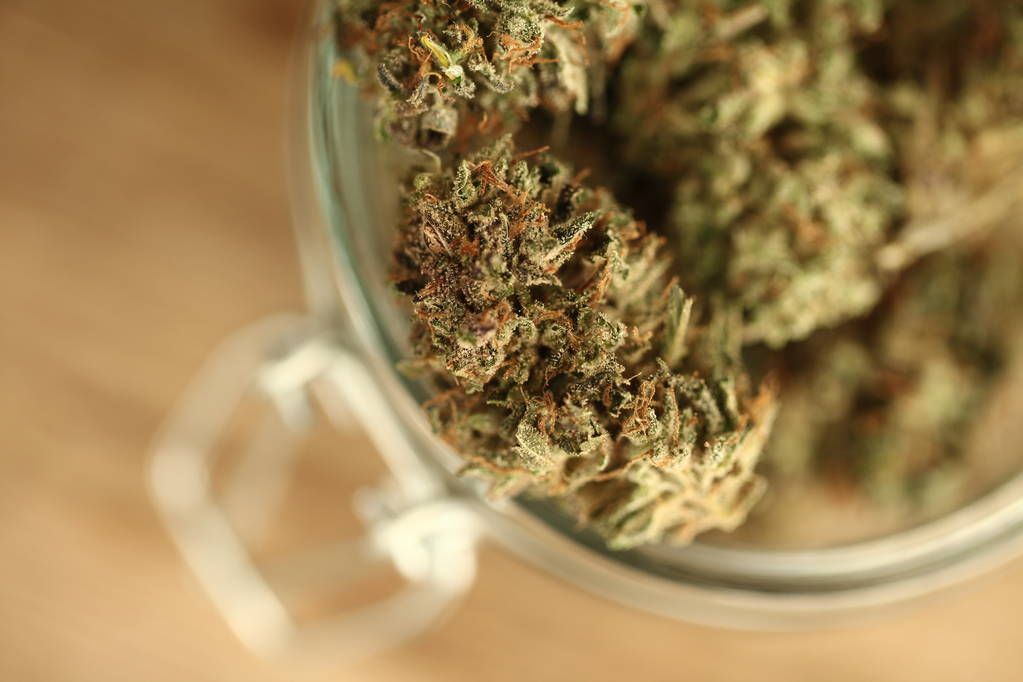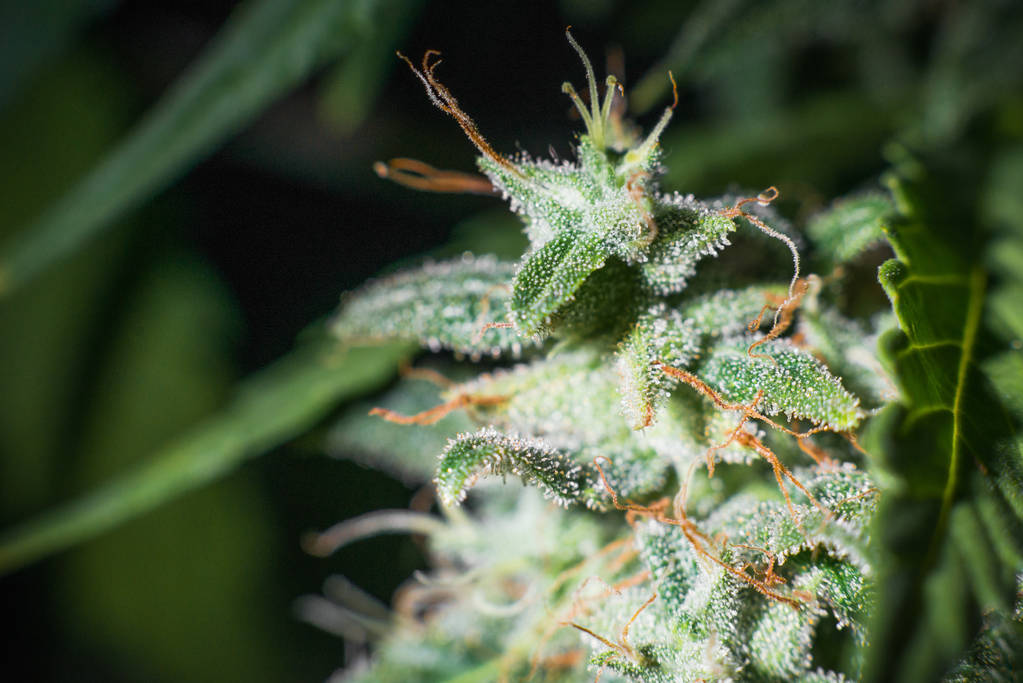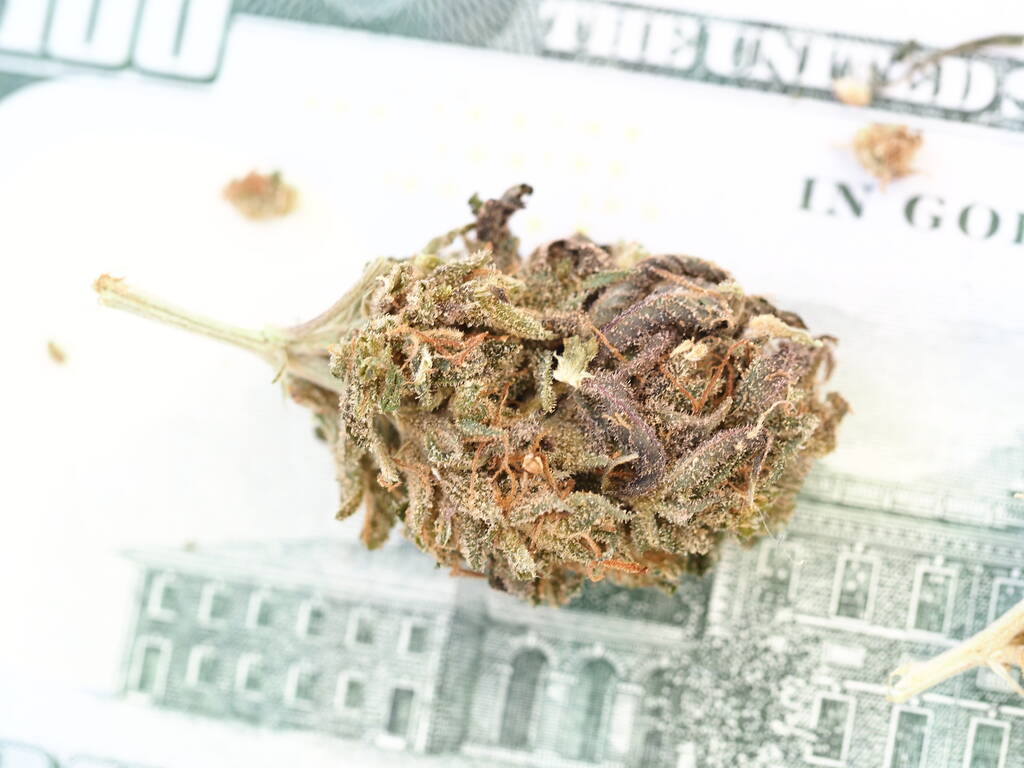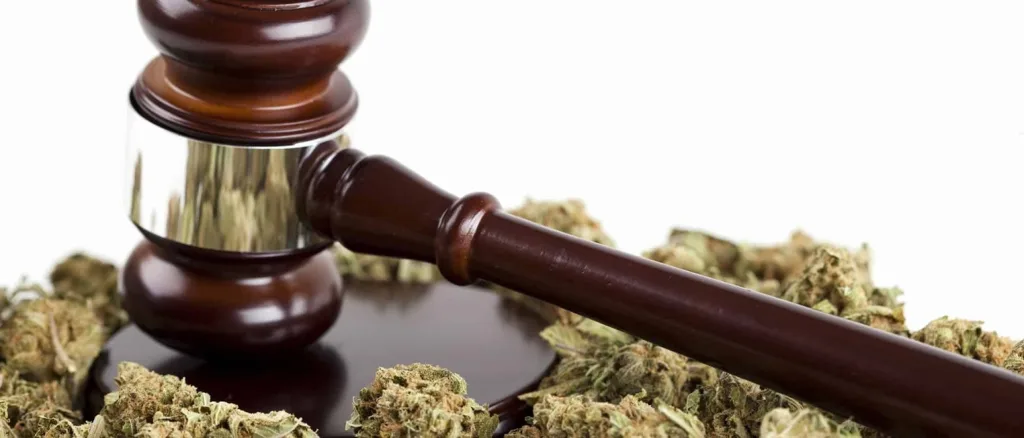North Carolina Senate President Phil Berger says full legalization of marijuana is off the table this session, but medical marijuana legislation could still gain traction—if the House takes the lead.

In a recent interview with WXII 12 News, Berger said he sees no realistic chance of North Carolina passing a law to legalize marijuana for recreational use during the current legislation session. However, he acknowledged there is continued support for allowing marijuana for medical purposes.
“I don’t see that there is any chance of full legalization of recreational marijuana,” said Berger. “I do think there continues to be discussion about medical marijuana. The Senate has, on a couple of occasions, passed medical marijuana legislation. And I think there remain majorities within the Senate for legislation of that sort.”
Continue reading












